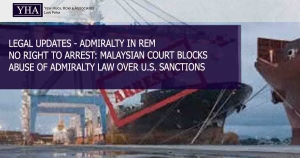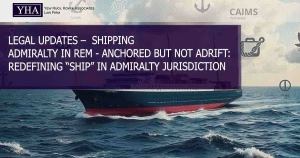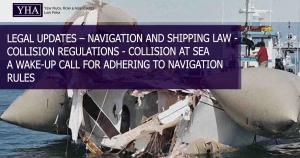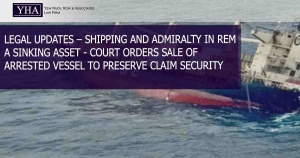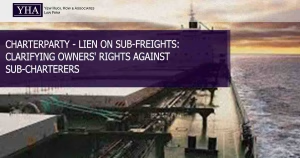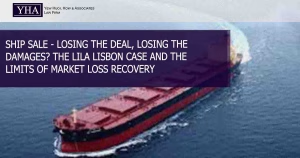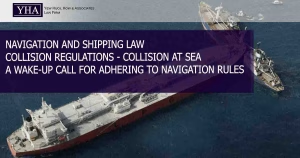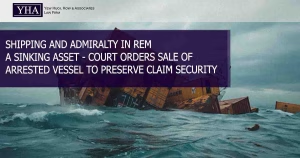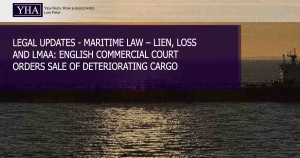
MARITIME LAW – LIEN, LOSS AND LMAA: ENGLISH COMMERCIAL COURT ORDERS SALE OF DETERIORATING CARGO
In Lord Marine Co Ltd v Vimeksim Trans SA & Anor [2025] 2 Lloyd’s Rep 52, the English Commercial Court exercised its powers under s.44 Arbitration Act 1996 to order the sale of a deteriorating cargo of Ukrainian corn over which the shipowners had exercised a lien for unpaid freight. Mr Justice Bryan held that the cargo was the “subject of the proceedings” and that the court could intervene to preserve its value pending LMAA arbitration. The decision clarifies that a “freight prepaid” stamp does not estop owners where freight has not actually been paid and the bills of lading never left owners’ possession, and that possession can be maintained even when the cargo is stored in a receivers’ warehouse. This case reinforces the court’s readiness to act swiftly to prevent the loss of value in perishable cargo while safeguarding parties through fortified undertakings in damages.

